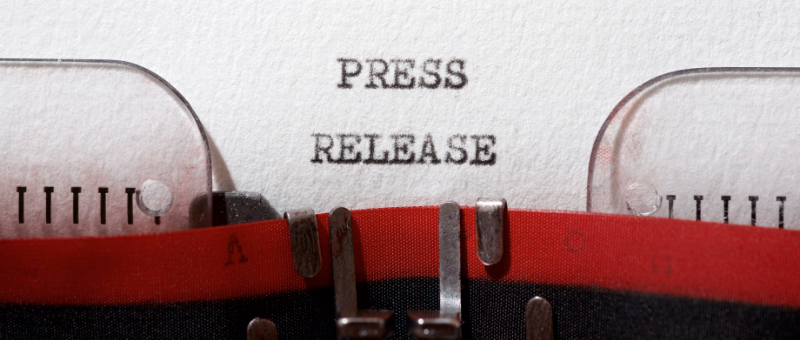Guest article: Matt Baldwin, Coast Communications
We all know that every press release is important, but some are, well, a little more important than others.
A new managing partner will trump annual promotions. New partners will overshadow an award win. And deal announcements are formulaic when compared to a merger or key client win.
So, it is not surprising that hard-pressed PRs might turn to ChatGPT and other AI tools for a little help in writing the ‘everyday’ press releases that firms generate.
We also know that journalists are, in the main, a sceptical bunch. They have to be – it is part of the job. It is why so many carefully crafted press releases are left unread and ignored.
So, does it really matter if we use AI to write a press release that we know, deep in our hearts, is not going to set the world alight?
Bluntly, yes.
Firstly, journalists don’t want it. They recognise AI-generated content and ignore it. Many explicitly say they blacklist AI-generated press releases and commentaries. Even if they don’t, their email inboxes are insane. Hundreds, if not thousands of emails are received daily. Bland dross in the most part. AI-generated press releases just add to that noise.
That should be reason enough.
But if not, consider the reputation of your firm. PR is, after all, about building and maintaining brand awareness and reputation. Ask whether you should put something as valuable as your firm’s reputation in the hands of AI?
AI tools can mimic tone of voice, but that is all. It lacks the nuance that a specialist PR and communications professional can bring. AI cannot understand the culture of a firm or the personalities of the individuals behind the announcement. This matters.
Press releases are often used to underpin wider key messaging from across a firm – its long-term ambitions, a focus on a particular geography or sector. AI will not pick this up.
And then there is confidentiality. Unless the AI tool is closed and secure, privacy cannot be guaranteed. And that matters when a press release involves sensitive client information.
Of course, AI can and should play a role. All PRs will likely tell you how they struggle creating, for example, ‘interesting’ quotes to welcome a new partner. AI can provide inspiration, albeit remarkably similar to what most PRs create.
AI is helpful too in translating press releases into other languages, although copy must (obviously) be checked, and in creating social posts to support that press release.
Consider AI a helpful colleague – just don’t ask that colleague to do everything.
Matt Baldwin is the co-founder of Coast, a a public relations and media relations consultancy that helps professional services firms build compelling media and client narratives.



